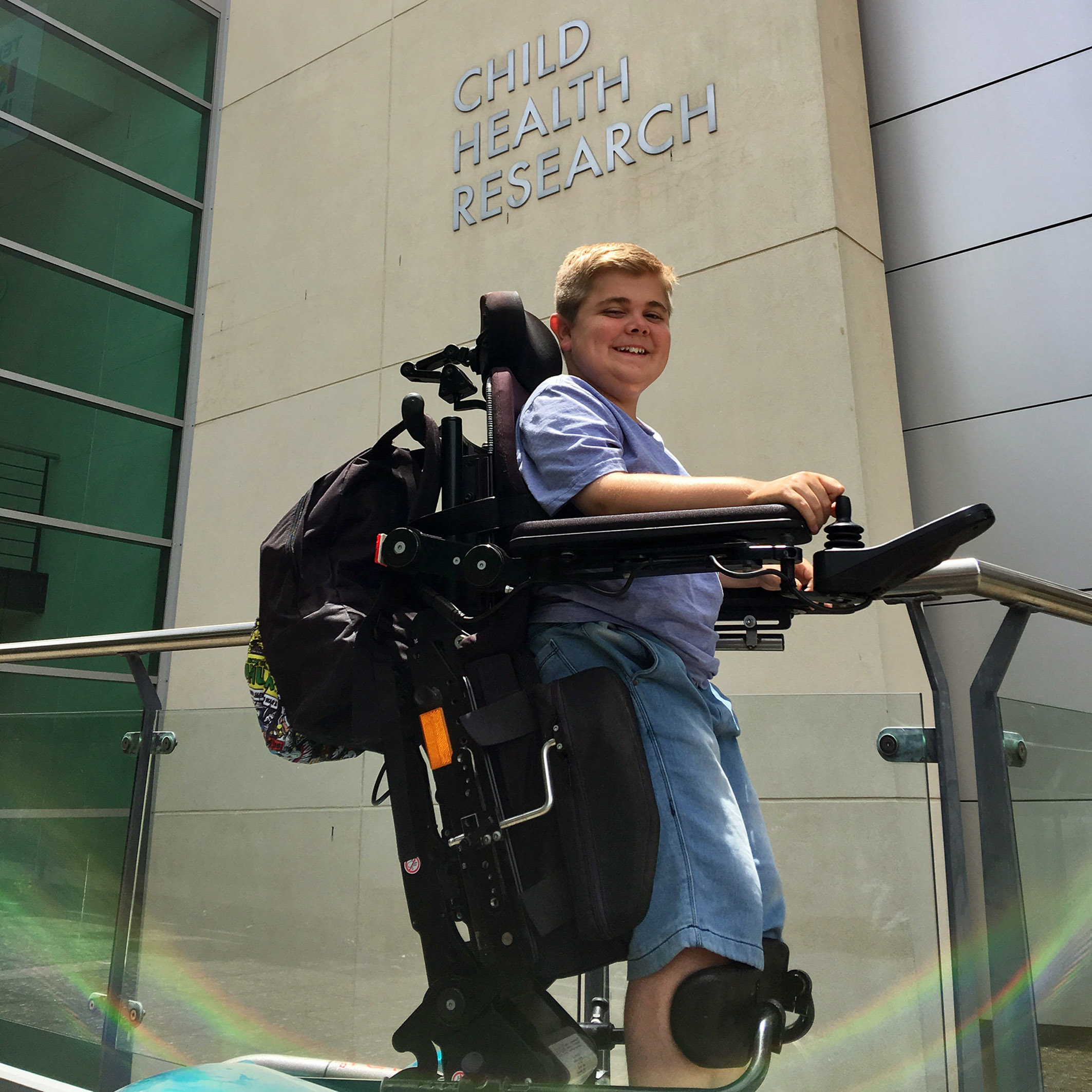Search
Children in Papua New Guinea (PNG) are at high risk of pneumococcal infections. We investigated pneumococcal carriage rates, serotype distribution, and antimicrobial susceptibility in PNG children after vaccination with 10-valent or 13-valent pneumococcal conjugate vaccines (PCV10; PCV13).
Siblings of individuals with neurodevelopmental conditions (NDCs) have greater incidence of neuropsychiatric diagnoses and neurocognitive difficulties compared to siblings of persons without NDCs. Despite suicidality being labelled a global health crisis (WHO, 2014) and NDC siblings experiencing risk factors implicated in suicidality, no previous studies examined suicidality amongst adolescent and young adult siblings of persons with NDCs. Our study aimed to bridge this gap.
Electrical Status epilepticus of sleep (SES) is an EEG pattern where there is significant activation of epileptiform activity in NREM sleep. A spike wave index (SWI) of > 80-85% is often labelled as typical SES. We aimed to explore if sleep during a standard daytime-EEG, as compared an overnight-EEG, was adequate to diagnose ESES.

A program developed by The Kids Research Institute Australia researcher Dr Jenny Downs has led to dramatic improvements in the functioning of Chinese children with Rett syndrome, and could change the world.

The Kids researchers are investigating the physical and psychological impacts of powered standing wheelchairs for boys suffering from Duchenne
Graham Jenny Peter Hall Downs Jacoby BAppSci PhD CRFS FANZSRS FThorSoc FERS BApplSci (physio) MSc PhD BA (Hons) MSc Honorary Research Associate Head,
Brad Carrington Fiona Farrant Shepherd Stanley BSc (Hons), PhD PhD FAA FASSA MSc MD FFPHM FAFPHM FRACP FRANZCOG HonDSc HonDUniv HonFRACGP HonMD
Approximately 13,000 children in Australia live with moderate to severe intellectual disability.
Helen Jenny Peter Leonard Downs Richmond MBChB MPH BApplSci (physio) MSc PhD MBBS MRCP(UK) FRACP Principal Research Fellow Head, Child Disability
Helen Jenny Keely Leonard Downs Bebbington MBChB MPH BApplSci (physio) MSc PhD MClinPsych/PhD Principal Research Fellow Head, Child Disability
